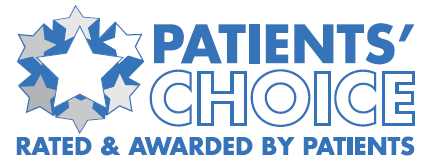Women in Minnesota often get varicose veins during pregnancy. The reason that women get this during pregnancy is because the uterus is applying pressure to the large vein that carries the blood back to the heart from the feet and legs. Varicose veins are hereditary so chances are, if your mother had them, so will you. They affect the skin and body tissue that can be itchy, uncomfortable or even painful. They are found in the legs, genital area or the rectum. The varicose veins in the rectum are also called hemorrhoids.
While you can’t totally prevent varicose veins, you can reduce them or avoid making them worse. During the day takes breaks by getting up and moving around especially if you do a lot of sitting. Don’t cross your legs when you are sitting down. Elevate your feet. Wear support hose. Don’t wear socks that cut off your circulation. Do low impact exercise daily if your doctor has given you the OK to do so. Sleep on your left side to keep pressure off of the inferior vena cava which is on the right side. If you have veins that feel hard, warm or painful, call your doctor. The varicose should get better after delivery when the uterus is no longer applying pressure to the vein that carries the blood back to the heart.
For some women even after having a baby, the varicose veins or hemorrhoids may not go away. Dr. Steven Shu of One Stop Medical Center in Edina and Shoreview, MN, specializes in office procedures for varicose veins and hemorrhoids. He has treated many women who have come in after having a baby and who are dealing with painful varicose veins or hemorrhoids. Dr Shu says, “I really enjoy helping women to be pain free and to feel happy again so they can enjoy their new baby.” He recommends getting treatment right away if the varicose veins and hemorrhoids don’t go away on their own. If they are not treated, they will only get worse.




